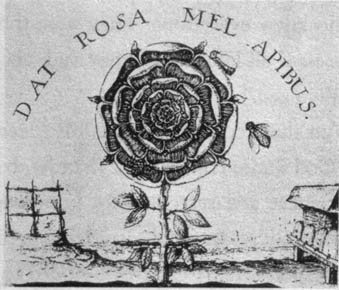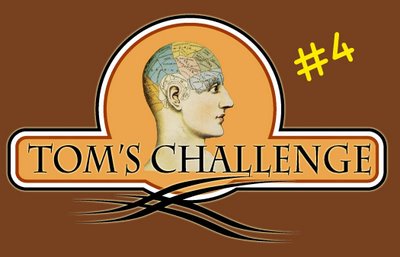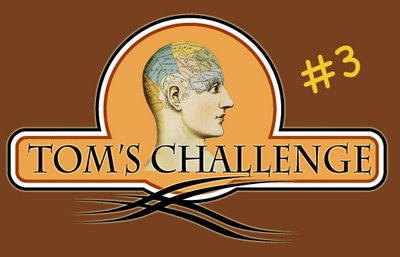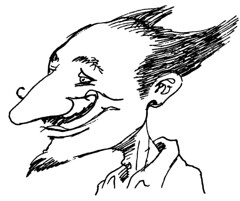breathing
Well, after a record week of printing that coincided with midterms last week I just finished a marathon of sorts. I am doing my best to take it easy this week (my printing slate is caught up and midterms are graded. whew!). The only reason I pulled off the whole guest post thingy last week at Sar's was because there was a mix up and I thought it was going to be featured a week earlier. So I had accidently done my homework early and got to just send it over and check in and make comments in what turned out to be an exchange of upwards of 60 comments that is still going on! I tried to sign off and say thanks and goodbye and then Sar started in again on Major Dad and then O Ceallaigh chimed back in and as of today I entered the fray again.
It's all been a grand experiment but one that has given me some insight and also, sadly, reinforced my feeling that all of the powers of civil discourse cannot make a dent in some levels of dogma. At the end I got scrappy and wasn't proud of some of the comments I made. Though I made some apologies I think I still need to learn the meaning of the phrase "shake the dust from your feet" and walk away or just maintain patience and calm. I still have much to learn.
I am going to have some time to write for a change and I've got people waiting-- nothing great, no more War and Peace, no novel, just computer graphics stuff and if I get the time, my long shot book, The History of Design, From Animal Fat to Inkjet (The War and Peace of Design). I've been waiting to shove open a window to focus on writing these textbooks and it will be a different pace than last week. Something to look forward to.
C Jo and baby Bonnie are going to take off for the coast for three nights. I'll be home alone with the other kids and that will give me more writing time (one hopes). We were set to go as a family but Rob's football team won their first playoff game! It's a single elimination playoffs that is open to all teams, regardless of their record. Well, Rob's team had only won a single game all year. We had heard mid season that only teams that had 4 wins would go to the playoffs. So we scheduled a trip for after football, once his team got to where there were less than 3 games left. Come to find out that all teams go to the playoffs. Okay, no worries, chances are, the way things had been going, that they wouldn't get past round one. Well, they destroyed the first team and looked like Ohio State out there! What happened! They executed plays, they threw passes, they had sacks. Now what do we do? We have a house rented at the beach. So, C said I'll go have some fun with the wee one, you stay and write and support the football thing and it will be fine.
All's well that ends well. I'll miss the beach and my wifey and the little snapper. I love the coast. but a light work week and a weekend without a toddler will be a nice change, especially with all of this writing to do. We'll see-- I do feel like somewhat of a taxi service for my teenage daughter's social life a lot of the time and I don't want to ignore Rob, but at least the spinning head of parental radar can be turned off and I might be able to focus. Famous last words, I know.
Wish me luck. And I hope to steal some time in blogworld, especially since I won't be nursemaiding a somewhat fruitless discussion on war and peace at Sar's that I created. Will I ever learn?
Tom





